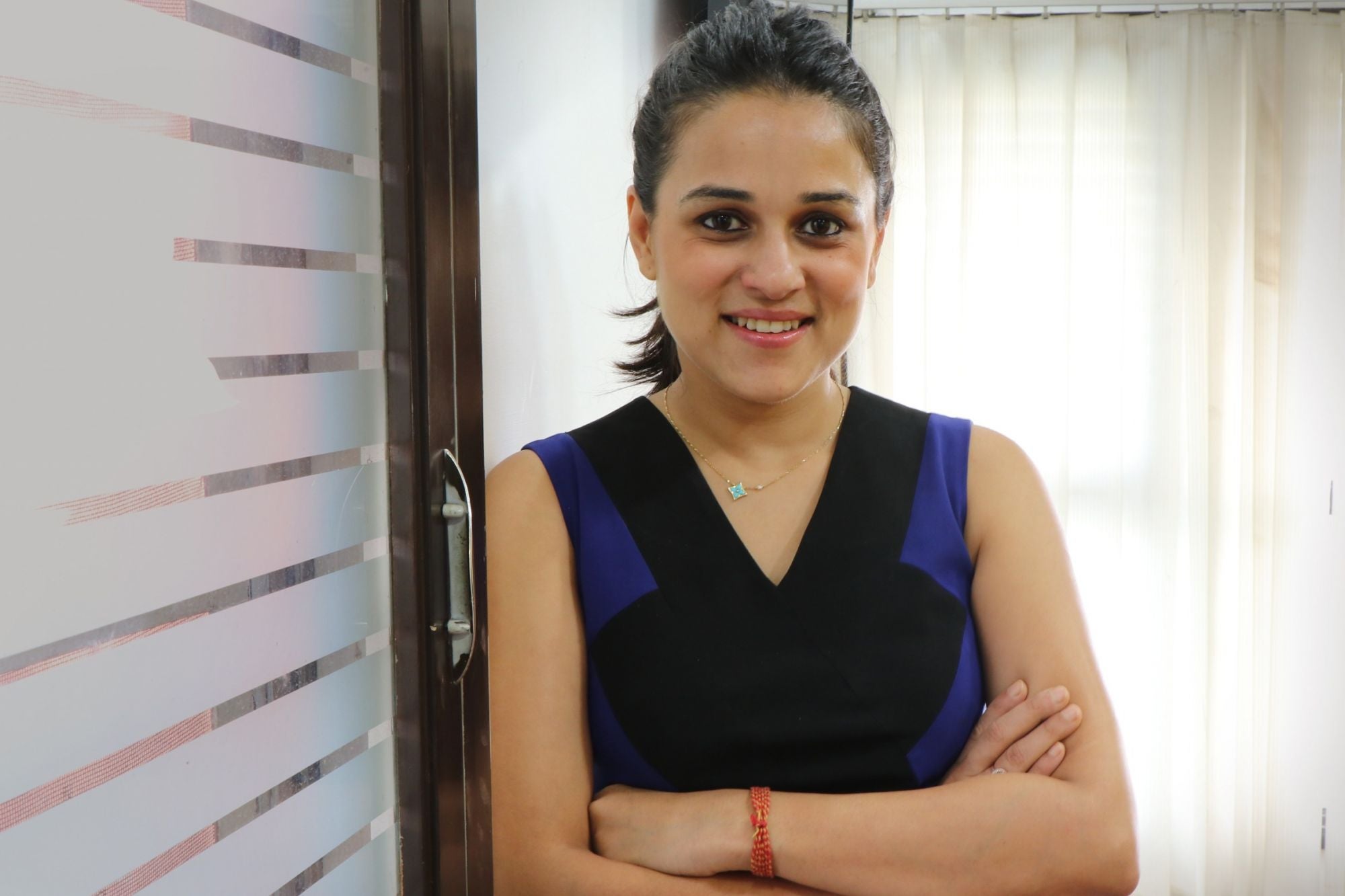How This Entrepreneur Built India's Fastest Growing Community Organically Facebook has nominated it to be one out of three communities in India for Facebook Community Leadership Programme
You're reading Entrepreneur India, an international franchise of Entrepreneur Media.

The world of technology has made everything around us easier and has given access to a whole lot of information. But with access to a whole lot of information floating around, how does one know which one to trust?
This was a problem that bothered Tamanna Dhamija. When she was pregnant, she was facing issues and was always on the lookout for information and support. Dhamija who was then into finance and investment banking turned to other mothers for support and answers and that's when she realized the need to have a platform for mothers to interact with each other and get their queries answered. This led to the birth of Baby Destination.
Today, Baby Destination has been recognized as one of the fastest growing communities and Facebook has nominated it to be one out of three communities in India for Facebook Community Leadership Programme.
Entrepreneur India spoke to Dhamija about how she built a community of over 5 lakhs without spending a penny initially!
The Idea That Clicked Right
When Dhamija gave birth to her son in 2014, she had two realizations – one that you are born as a mother the day your child is born and second that trusted support really comes from other moms. However, she also noticed that there's a lot of fragmented information all over the internet. "There's a huge gap because people didn't know what to trust. That's when I started talking to other mothers and decided to build a safe community for them," she said.
Building a Community From Nothing
In today's age, building a community from scratch means spending money on ads to get everyone to sit up and notice your product. But for Dhamija, it all happened organically. She said that her community is an informative one. "We wanted to cover everything that plagues a mom's mind and validate our hypothesis," she said.
So, they started creating content targeted to pregnant and new mothers. They focused on the quality of content and looked at what are the biggest issues that mothers were facing. The idea was to create content and disseminate it through Facebook, as their research had shown that mothers spend a lot of time on the platform. "To our surprise, our organic reach was growing fast," she said.
Sharing tips from her experience about building a community, Dhamija said their idea was to create content that breaks away from the clutter and moms find it useful. "We wanted to see how many are sharing our content. That's the first step toward viral content. Our hypothesis was proved right when some articles reached lakhs of people. The initial content formed the foundation of trust for mothers,"
she said.
But they relied heavily upon data too. "We have been very data analytic heavy. We analysed and devised our content strategy according to the data we studied," said Dhamija.
Soon, she also noticed that WhatsApp had become bigger than Facebook. They initiated conversations and facilitated mom to mom conversations by segmenting the communities according to lifestyle, location and categories.
The Road Ahead
Dhamija said that being selected for the prestigious Facebook Community Leadership Program is a humbling experience. She added that Facebook had started recognizing them two months ago and they were also called for some closed-door discussions. "In terms of learnings, we are excited to work closely with the Facebook product team and look at community moderation while creating meaningful content," she said.
While they are already multilingual, they hope to sharpen their skills there. "We didn't just want to launch the multilingual option. We looked at data carefully and started looking groups where mums were conversing in their own language," she said.
This will help them go beyond where they stand today. Dhamija points out that today 35 per cent of the conversation is in Hinglish, while pure English speaking population is a very small percentage. They are also looking at scaling up their entry into Tier II cities and reach out to more mothers to build a bigger community.











